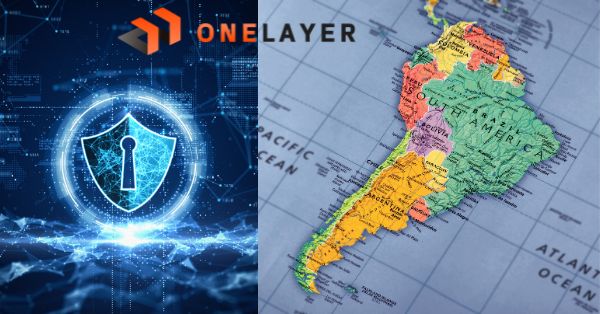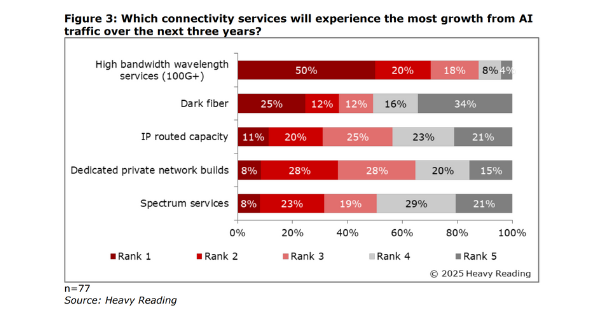Introduction Verizon Business has broadened its private 5G network at the Port of Virginia with a significant network expansion at Norfolk International Terminal (NIT). This initiative builds on the prior success at Virginia International Terminal (VIT), showcasing the growing influence of private 5G networks in enhancing industrial connectivity.
Challenges or Objectives The primary objective was to overcome the limitations of the existing outdoor WiFi system at NIT, which was hampering efficient operations due to its inconsistent coverage. The goal was to implement a robust network solution to support data-intensive applications in a dynamic, outdoor industrial environment.
Solution Implemented Verizon Business introduced a Private 5G Network at NIT, covering 270 acres with dedicated Ultra Wideband spectrum. This solution includes Verizon Push to Talk Plus, facilitating secure and instant communication across the campus. The network aims to replace unreliable WiFi, ensuring consistent connectivity for voice, text, and data.
Supporting Evidence, The successful deployment at VIT, served as a proof of concept, demonstrating the effectiveness of Verizon’s Private 5G in handling complex connectivity demands. The network’s ability to support advanced applications like drones, autonomous vehicles, and mobile cranes further attests to its robustness.
Why the Selected Technology Was the Right Choice? Private 5G was chosen for its superior bandwidth, reliability, and low latency, essential for the high-throughput and demanding applications at NIT. Its scalability allows for future expansions and integration of new technologies seamlessly.
Use Case Benefits The Private 5G Network enhances operational efficiency, reduces downtime, and supports the adoption of innovative technologies like sensor-based systems and machine learning. It also significantly improves safety and surveillance capabilities.
Industry Impact This expansion marks a significant step in modernizing industrial operations, illustrating how businesses can start small with new technology and scale effectively. It sets a precedent for other industrial hubs to follow in adopting advanced connectivity solutions.
Company’s Role Verizon Business spearheaded the development and deployment of the Private 5G Network, providing a tailored solution to meet NIT’s unique requirements. The company’s role extends beyond implementation to ongoing support and future technological integration.
Partners for the Use Case and their Role Ericsson serves as the sole hardware vendor, supplying essential equipment for network buildout. NIT collaborates closely with Verizon, contributing insights to tailor the network to their specific operational needs.
Use Case Status The project is currently in the phase of being deployed, with ongoing optimization programs at NIT to enhance its semi-automation capabilities.
Use Case Timeline While specific dates are not mentioned, the timeline follows the successful deployment at VIT, leading to the current expansion at NIT.
Customer Endorsements Rich Ceci, SVP of Technology and Products at NIT, praised the partnership with Verizon Business, highlighting the critical need for reliable connectivity in their rugged, dynamic environment and the flexibility provided by the Private 5G Network.































